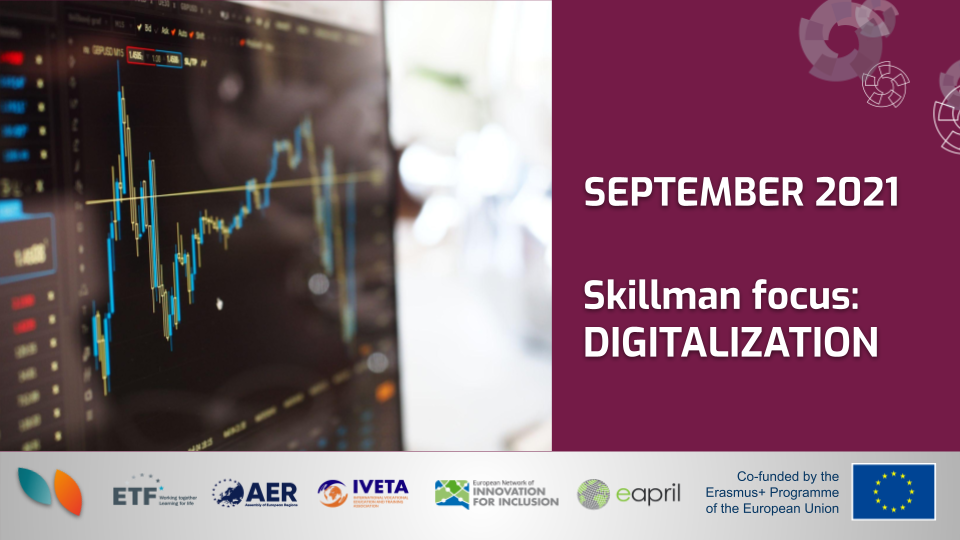
A recent article published by the thematic portal ‘The Manufacturer‘ tackles the topic of the relationship between digitalisation and manufacturing.
According to the magazine, manufacturing is undergoing a digital transformation and smart technology, data analytics and connected devices enable manufacturers to dramatically increase their efficiency, productivity and accuracy. Digitalisation is changing the way products are designed, manufactured, used and maintained, as well as transforming the operations, processes and energy footprint of factories and supply chains.
One of the key drivers of digitalisation is the ability of manufacturers to be able to improve their responsiveness and agility through changing market conditions and customer demands. Manufacturers can match their production cycles with demand throughout the year, avoiding waste and unsatisfied customers.
In addition, the transition from manual operations to the implementation of automated solutions can improve processes and enhance performance monitoring and decision-making, avoiding rework, downtime, defects and bottlenecks. This in turn will reduce time and costs.
So what are the issues to be considered at the moment with regard to digitisation and manufacturing?
It is important to have a digitisation strategy that takes organisational and operational change into account. Potential barriers include cultural resistance to change, leadership and stakeholder buy-in. It is therefore important to:
- identify digitalisation goals;
- formulate a digitalisation strategy;
- select appropriate technology enablers;
- establish technological leadership; and
- train staff and introduce a digital culture.
There are several important enabling technologies such as AI, machine learning and advanced analytics, but it is clear that the digital twin has a clear role to play by creating a virtual representative of the physical manufacturing production line, which in turn receives input from its real-world twin through sensors and can be used to check potential problems and gain valuable insights, saving time and money.
Demand is increasing across all sectors for more advanced digital skills. Most large companies are reporting challenges in recruiting software engineers and 61% are struggling to hire data analysts. The workplace will need upskilling to acquire new skills and reskilling to keep up with advances in technology and to take on new roles.